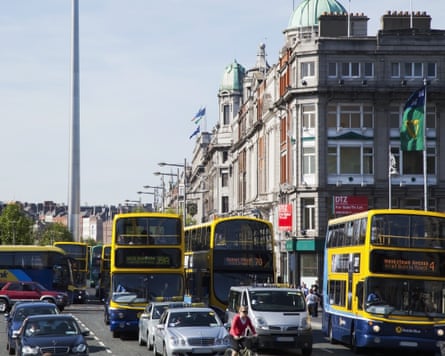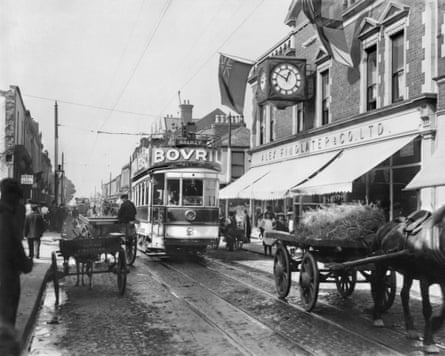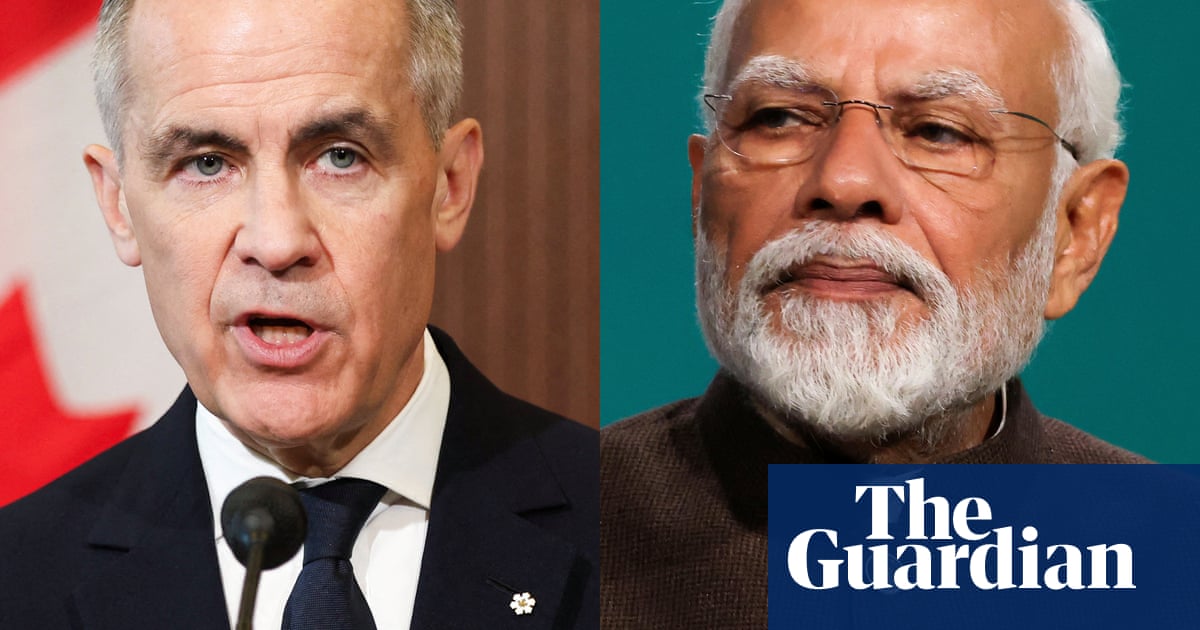Ireland’s planning body, An Bord Pleanála, will determine later this year the fate of an ambitious proposal to build the country’s first underground railway. Residents of the Irish capital won’t be holding their breath, however. Since it was first proposed 25 years ago, MetroLink has been cancelled, revived and rebranded. The latest version of the plan, which involves just 18.8km of track, has been subject to delays, costs that have spiralled to five times the original estimate, and fierce opposition from homeowners, heritage bodies and businesses.
A wide-awake city of tech firms, theatres and tourist attractions, Dublin is one of the EU’s richest metropolitan areas; it is also the only large western European capital without a metro. No Dubliner would have been more frustrated with the situation’s absurdities, and MetroLink’s slow progress, than Leopold Bloom, the protagonist of James Joyce’s Ulysses.
Transport is never far from Bloom’s thoughts as he traverses the city on 16 June 1904. His wife Molly’s infidelity, the death of his friend Paddy Dignam, and fatherhood are uppermost in the advertising canvasser’s mind, but he also repeatedly ruminates on a plan to build “a tramline along the North Circular from the cattle market to the quays”. What begins as a passing observation about the scheme’s likely impact on property prices near his home on Eccles Street becomes a fully fledged policy proposal by the day’s end.

Ulysses is a peripatetic story. For 17 or so hours, Bloom walks across Dublin, encountering friends, acquaintances and foes. From his “sober” morning stroll down Westland Row, where he meets the disreputable CP M’Coy, to the “parallel courses” that he and the inebriated poet Stephen Dedalus follow from Beresford Place to Eccles Street, Bloom covers nearly nine miles on foot. It is little wonder how tired he is by the time he climbs into bed next to Molly.
A first-rate flâneur, Bloom is also a keen student of Dublin transport, which continually vexes him. On Westland Row, he is distracted from M’Coy’s tedious talk by a white-stockinged woman leaving the Grosvenor hotel. When a “heavy tramcar honking its gong” obscures his line of sight, Bloom curses the driver’s “noisy pugnose”. Later that evening, the adman witnesses a drunken altercation between Dedalus and his disloyal companion, Buck Mulligan, at Westland Row station. Concerned for Dedalus’s safety, Bloom follows the young man to Nighttown, but the good samaritan misses his stop. By the time Bloom reaches Dublin’s red-light district, Dedalus is about to have his jaw bashed in by two British soldiers.
These are not the only instances in Ulysses in which the city’s transport system is uncooperative. At Nelson’s pillar, a hoarse-voiced timekeeper dispatches trams with great energy for Rathgar and Terenure, Sandymount Green and Palmerston Park. However, the trams soon stand motionless after a power cut. As “Hackney cars, cabs, delivery waggons, mailvans, private broughams” and “aerated mineral water floats” rattle by, the traffic that Bloom seeks to alleviate with his plan worsens.
“I can’t make out why the corporation doesn’t run a tramline from the parkgate to the quays. All those animals could be taken in trucks down to the boats,” suggests Bloom to his fellow mourners, as Dignam’s funeral cortege crawls to Glasnevin cemetery. The tramline should be extended there, Bloom adds, to run “municipal funeral trams like they have in Milan”.
Bloom’s passion for public works is longstanding and not surprising for a character who in his youth had considered standing for parliament and who in Joyce’s imagination subscribed to “the collective and national economic programmes” of radical Irish nationalists. Although Bloom’s political fervour has waned, he remains a nationalist. To him, nationalism is not about the Irish language, which he doesn’t speak, or political violence, which he abhors. It is about the opportunity to govern Ireland for the better, starting with infrastructure.

In pre-independence Ireland, British power is ever present in Dublin on 16 June 1904. It is also palpably decaying. The viceregal cavalcade carrying the king’s representative in Ireland through the city goes “unsaluted” by a resident pondering whether it is quicker to get to Phibsborough “by a triple change of tram or by hailing a car or on foot”. Here again, Dublin’s system of public transport is found wanting, but the viceroy is neither interested nor empowered to act.
In Nighttown, Bloom experiences a frightening phantasmagoria in which he is suddenly appointed lord mayor of Dublin. His immediate suggestion that the city builds a tramline “from the cattlemarket to the river” provokes vigorous nods from the assembled aldermen, but the crowd soon threaten Bloom with boiling oil.
Back home in Eccles Street, Bloom gives free rein to his political imagination as part of a bedtime ritual which produces “sound repose and renovated vitality”. However, his train of thought soon circles back to what has by now become a detailed policy prospectus for the new tramline. The scheme will be funded, he suggests, by “graziers’ fees” and guaranteed by “eminent financiers”.
Ulysses’s fixation with transport minutiae doesn’t just provide colour and comic relief. It carries Joyce’s own hopes for a new Ireland that realises its potential. Through his increasingly intricate tram scheme, Bloom symbolises the sort of progressive reformer that the writer believes can cure the country’s political paralysis. Molly Bloom, in contrast, embodies Joyce’s simultaneous fear that Irish politics will forever be all talk. Her husband’s sermons about Sinn Féin are no more than “trash and nonsense”, she suggests.
Public investment and technology have transformed Dublin for the better since 1904, but Leopold Bloom would still recognise its transport system’s many deficiencies. Its cost. Its patchy coverage. Its occasional power cuts. Recent studies suggest that the Irish capital is one of the most congested cities in the world and that its public transport is among the least affordable in Europe. From London’s Crossrail to the Grand Paris Express, European cities are upgrading their public transport systems, but Ireland’s notoriously centralised governing structures have left its capital with limited say over its own development. An elected mayor would help, but this idea is no closer to reality than during Bloom’s fevered visit to Nighttown.
After 25 years of talk, MetroLink needs to see light at the end of the tunnel soon. However frustrated Bloom would have been over the project’s delays, he would have nodded vigorously at its proposed route, especially the section from Glasnevin to Mater station on his own Eccles Street. Now, if only the planners insisted on livestock wagons and funeral cars, Dublin would have a scheme worthy of its most famous fictional resident and the “world’s greatest reformer”.
-
Dermot Hodson is professor of political economy at Loughborough University and the author of Circle of Stars: A History of the EU – and the People Who Made It

 21 hours ago
6
21 hours ago
6

















































